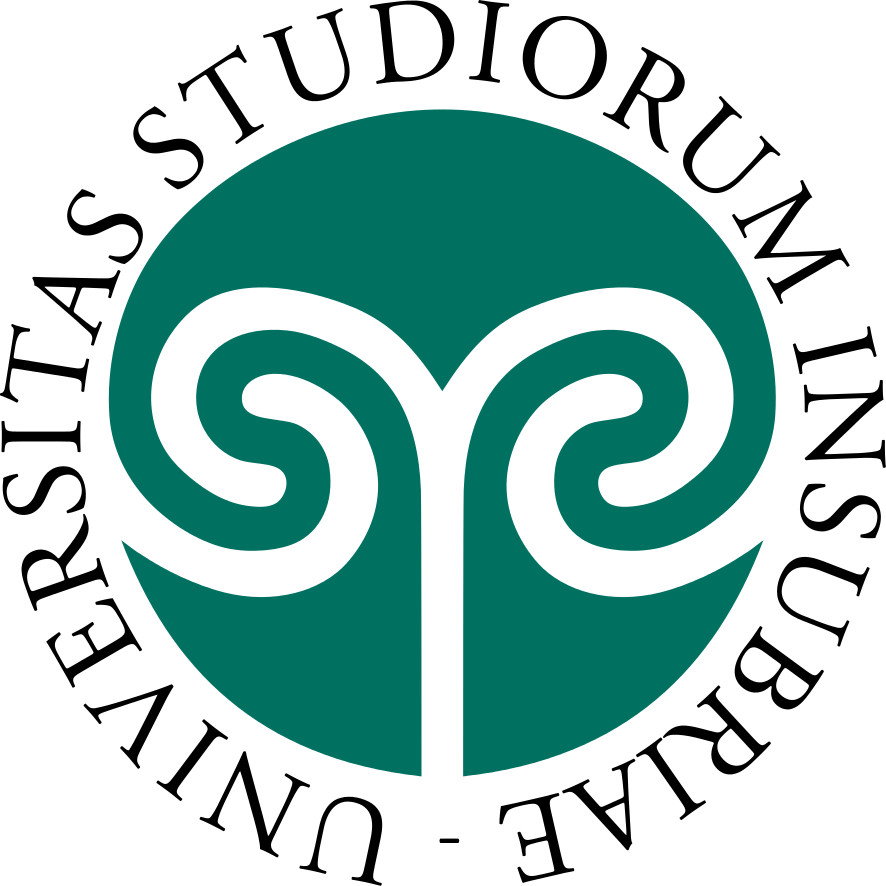|
|
Schedule
- 1. Summer School
“Computational Methods for Inverse
Problems in Imaging” (21-25 May)
- 2. Course and seminars on
“Optimization techniques for imaging”
(11-15 June)
- 3. Short courses on
“Numerical methods for Astronomical
Imaging” (18-22 June)
-
4. Course and seminars on
“Reconstruction methods for sparse-data
tomography” (25-29 June)
Course: Reconstruction methods for
sparse-data tomography
Slides here
In tomography, one attempts to image the
internal structure of a physical body from
indirect measurements. A classic example is
the medical CAT-scan, where a 3D volume view
of a patient is reconstructed from a
collection of X-ray radiographs recorded
with a fine angular sampling using a
rotating source-detector arrangement. In
many practical imaging settings, such a
comprehensive dataset is not available. The
main reason for collecting a sparse X-ray
dataset in medical imaging is lowering the
radiation dose to the patient. Other reasons
include geometric restrictions on the
imaging arrangement, requirements for quick
data collection, and cost of equipment.
Reconstructing tomographic images from
sparse datasets using Filtered
Back-Projection (FBP) leads to sub-optimal
results as that method is designed for
densely sampled datasets. However, various
limitations of data can be compensated for
by using sophisticated mathematical
reconstruction methods. Basic theory and
computational methods for sparse-data
tomography are presented in this course.
Construction of matrix-based measurement
models are discussed in detail, including
analysis of the ill-posedness of the inverse
problem using Singular Value Decomposition
(SVD), Tikhonov regularization, and Total
Variation (TV) regularization are discussed
as versatile methods for image
reconstruction. Computational examples are
shown, based both on simulated and measured
data. The course will contain lectures and
Matlab demonstrations.
Seminars:
- Fast iterative model based methods
from limited data in 3D X-ray CT
Slides here
The reconstruction of X-Ray Computed
Tomography (CT) images from low sampled
data is of great interest in different
applications, such as medicine or
engineering. We follow a regularization
approach with a smoothed differentiable
Total Variation function. We consider the
3D case where the problem is challenging
for its very large size and because a good
reconstruction is required in a very short
time. We present different algorithms on
test problems on simulated and real data.
- Forward-operator approximation
techniques in numerical CT
Request Slides
The iterative methods to numerically solve
the inverse problems involved in Computed
Tomography (CT) require, in simulations as
well as in real world situations, to take
a step with the CT forward operator. This
operator is intended to model the geometry
of the acquisition device. If it is used
in a naive way, it can heavier (even
strongly) the computational effort to
compute the reconstruction. As
alternatives to the well known classical
approach (know as "ray driven") and its
modifications, in more recent years
different techniques have been proposed.
They all are intended to improve the
accuracy of the approximation as well as
to allow better efficiency in the
numerical computations. The seminar will
overview some of these techniques, which
are widely used in practical applications.
- 5. Laboratory on
“Restoration of Medical Imaging”
(9-13 July)
- 6. Conclusive Workshop
“Computational Methods for Inverse
Problems in Imaging” (16-18
July)
|
|



